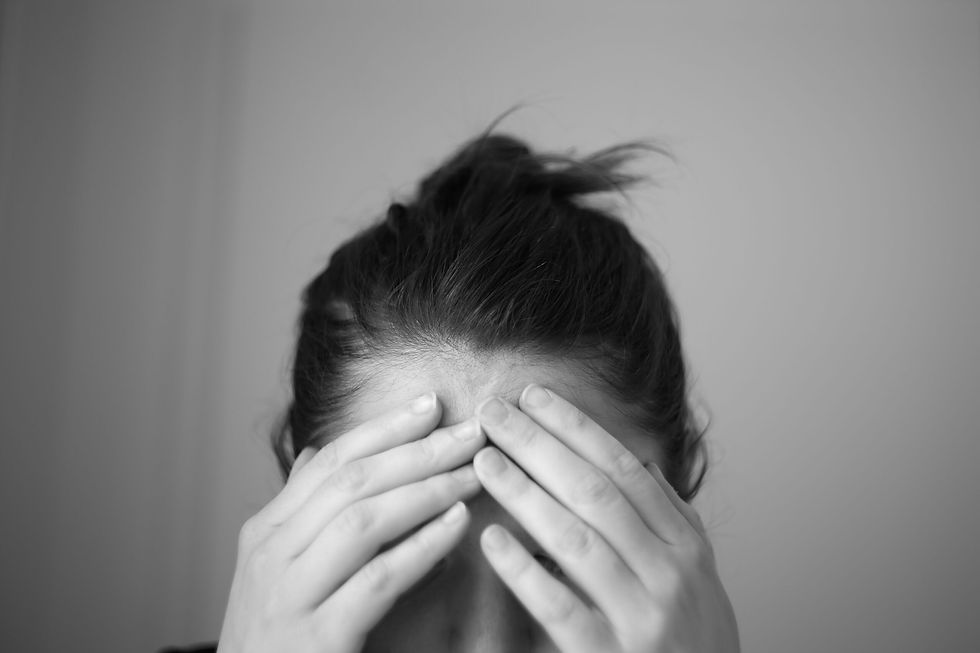The Simple Trick To Help Overcome Procrastination On Tasks
- mikebessey
- Oct 13, 2025
- 3 min read
Updated: Oct 27, 2025

I’ve tried a ridiculous number of ADHD tips over the years. I’ll be honest: once the initial excitement wore off, most of them didn’t stick. This one sounded a bit weird to me at first, and I felt some resistance to trying it, but it’s since become an essential part of my daily life.
One of the big challenges with ADHD is time blindness. It can be really hard to connect our present actions with future payoffs. If there isn’t a sense of instant gratification or a clear and immediate consequence, it can feel impossible to get started on a task.
On the flip side, it's very easy to connect the consequences of our past actions (or inaction) to the present. It shows up in moments like going to make dinner and having no clean dishes or cutlery because we didn't do the washing up. Suddenly, an already overwhelming task has all these extra steps tacked on, becoming completely unmanageable.
In the past, this is where I’d have ended up spooning peanut butter out of the tub to stop my hunger, or opening Deliveroo and getting stuck in decision paralysis before giving up and going hungry. You’d think we’d learn from these experiences, but with ADHD, it just doesn’t seem to work that way.
The thing that changed it for me was trying to see my future self as a different person. I switched from thinking, “Oh great, the dishes need doing AGAIN,” to “Future me is going to be so happy when he walks into the kitchen to make dinner and the dishes are already clean.”
It’s a relatively subtle shift in perspective, but the resistance to doing the dishes dropped dramatically.
Then, when I do walk into the kitchen and the dishes are done, I go beyond just feeling a sense of relief. I actively think something like, “Thank you, past me, for doing the dishes. You’ve made making dinner so much easier and saved me from not having a proper meal.”
It’s a simple action, but it genuinely helps strengthen the connection between present actions and future consequences. Getting into the habit of imagining how good it will feel when a typically avoided task pays off helps strengthen those neural pathways. The more you do it, the more likely you are to do the thing in the moment.
The single most important thing is to never give your past self a hard time if you walk into the kitchen and the dishes (or whatever task) weren’t done. It helps to try to find the same compassion you’d give to someone you love: “Past me must have been having a really tough day. I’ll do them now for future me.”
It also helps to start small and build the habit over time. My tap water is terrible, so I use a water filter I’d always forget to fill. Picking it up and filling it doesn’t take much time or effort at all, but when I want water and it’s empty, it’s a real pain. I started there, thinking about how much future me would appreciate having cold, fresh water ready to go.
Over time, I’ve applied it to more and more things. As a result, my kitchen is clean most of the time, and I nearly always have my washing done and bills paid. It’s all about building a better, kinder relationship with yourself over time—turning tasks that feel like a pain into kind actions you know you’ll thank yourself for later.
What small task could you start with?




Comments